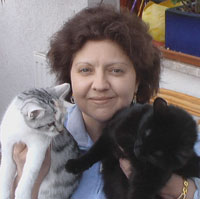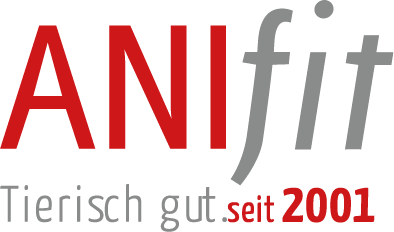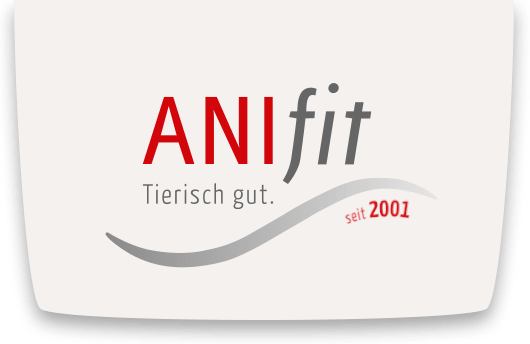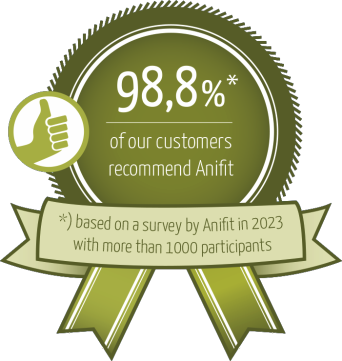Erfahrungsbericht
The animal is what it eats!

A report by Dr Rosmarie Poskocil, veterinary surgeon
We all know that our diet is an essential basis for a life full of vitality, energy and health and is an important prerequisite for maintaining all bodily functions.
On the other hand, poor quality, inadequate food can cause a whole range of serious health problems, such as allergies, metabolic disorders, intestinal, liver and kidney diseases, etc. These facts apply not only to humans, but also to our four-legged friends. Food can therefore become the cause and trigger of a wide range of diseases, particularly due to the content of harmful additives that place a considerable burden on the kidneys and liver. As carnivores, our dogs and cats in particular have an increased risk of kidney disease in old age due to their regular consumption of protein, which unfortunately is often no longer treatable and leads to the death of the animal.
This unsatisfactory situation could be avoided or delayed in many cases. A diet that is as natural as possible, without additives, made from high-quality protein and with a sufficient proportion of carbohydrates can make a significant contribution to the prevention of fatal renal insufficiency by reducing the burden on the liver and kidneys. From this point of view, a healthy diet certainly has a life-prolonging effect. Another very common problem in small animal practice is allergic diseases, which can not only affect the skin but also increasingly manifest themselves in digestive disorders.
Experience shows that these reactions are increasingly caused by certain unnatural food additives and can be treated or prevented simply by feeding a natural diet. The list of these food-induced illnesses and the positive effects of natural, high-quality feed could go on and on. In conclusion, however, I would like to tell you about another personal experience: The organisation Katzenhilfe Mostviertel, which was founded last year, primarily takes care of the large numbers of often neglected cats on farms. The animals are treated and neutered and, as most of them only live outdoors, it is necessary to take them in and care for them in the surgery until they are fully recovered.
Of course, the first priority is always to feed the often completely starved cats, whereby the food is often consumed in large quantities and very greedily. This almost always resulted in severe diarrhoea in the days that followed. ANiFiT has been fed exclusively to these animals for about three months - since then we have not been able to detect a single case of diarrhoea in these cats (over a hundred animals!). The food has proved equally favourable for convalescent or severely weakened animals. I think these facts speak for themselves - or rather in favour of ANiFiT dog food and cat food.
Dr Rosmarie Poskocil, veterinary surgeon
This product review was translated automatically.

 Dog
Dog
 Cat
Cat
 Provital
Provital
















